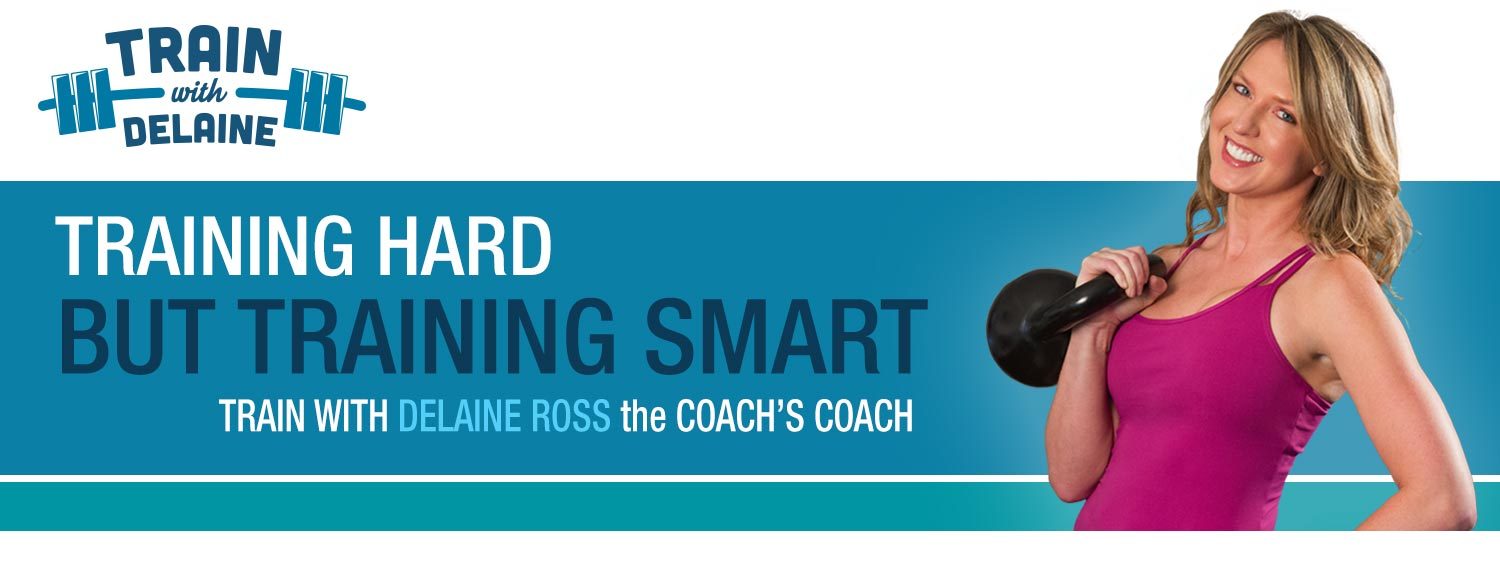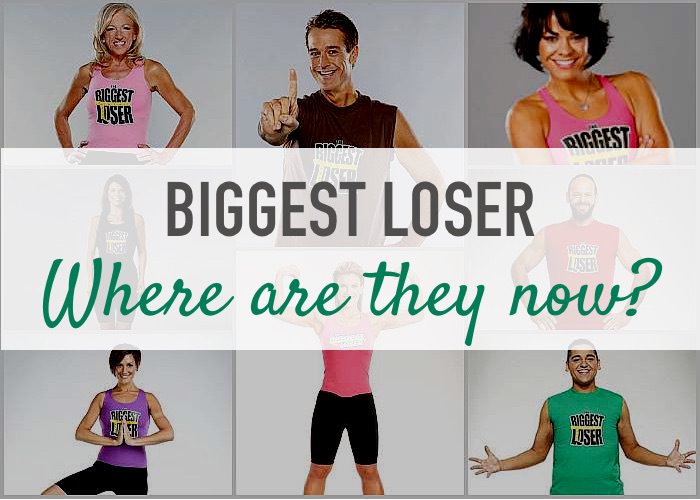You absolutely cannot outexercise a bad diet. The Biggest Loser actually proves that.
I do not like reality shows, all that fake emotion and oversharing bugs me. Which is why I’m more than a little embarrassed to admit that I loved the Biggest Loser TV show. The show centered on overweight and obese contestants who competed with each other to see who could lose the most weight; the winner received a cash prize and of course, lost a lot of weight.
I didn’t like the way the show pitted the contestants against each other and the way the trainers yelled at the participants (as if being obese isn’t challenging enough), but I must admit, I was hooked, I tuned in every week to see who had lost weight and how much. I was rooting for these people, my people. No, I’ve never weighed over 200 lbs., but I could certainly identify with the constant battle and emotional roller coaster.
What Happened?
The Biggest Losers did what they thought it took to be winners. They cut their grapefruits in half and separated their whites from their yolks. They spent more time at the gym than most of us spend at the office. Some of them shed an entire pound of fat each day, and on average, they lost 128 pounds each over the course of the 30-week reality show.
And then they gained much of it back. Only one of the 14 Biggest Loser contestants weighs less today than when the competition wrapped. Four of them are now heavier than before they went on the show.
It’s a nice, comforting thought: eat a whole pizza tonight and head to the gym for 45 minutes the next morning to make up for it (and let’s be honest most of us don’t do this).
Unfortunately, out-exercising a bad diet doesn’t work for a few reasons, the main reason being it takes a lot longer to work off the energy in junk food than we may realize. It is much easier to over-consume or eat excess energy than it is to burn it off. However, it’s not all about calorie content. Our bodies process healthy and unhealthy foods very differently. That is, 500 calories of candy and 500 calories of vegetables will have different effects on our bodies, which is why calorie counting often doesn’t work as we’re focusing on calories, not nutrients.
The weight loss equation, energy in versus energy out, is flawed and outdated. Instead, we should be focused on the source of the energy or nutrient composition. Saying “A calorie is a calorie, so eat whatever, just not too much” is about as accurate as saying, “Liquid is liquid, so drink whatever, just not too much.”
Fasting is flexible and will complement any style of eating you choose while amplifying your weight loss efforts and enhancing your metabolic fitness. There is something incredibly powerful about taking control of your hunger, and not being a slave to cravings.
You will learn through fasting, that you do not need external things to satisfy you, and that you can break your hunger patterns. That in and of itself is liberating and empowering. Fasting honors our biology and helps us take back our power from the food industry and their constant demands that we eat all the time.
If you are interested in learning more on HOW to ease yourself into fasting as well as more education on benefits and myths, I am launching a 6-week course (with Diane McCoy) starting the first week in January.
It’s called Fat Loss Demystified: 6 Weeks to Understanding How to Lose Fat (and Keep It Off Once and For All Without Hours in the Gym Expensive Diet Supplements or a Quick Fix that will Leave You Yo-Yo-ing and Worse Off Than You Started.)



Please note: I reserve the right to delete comments that are offensive or off-topic.